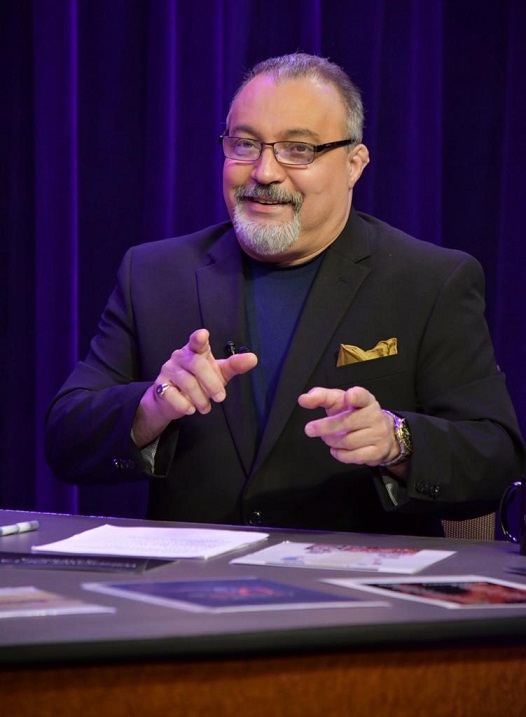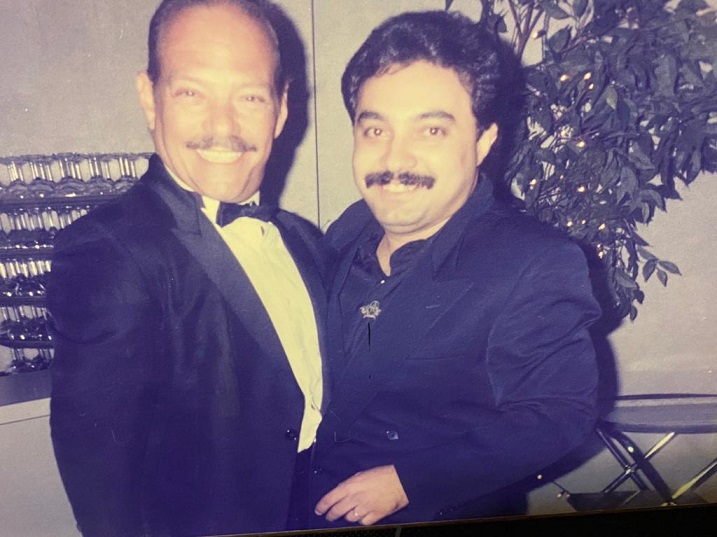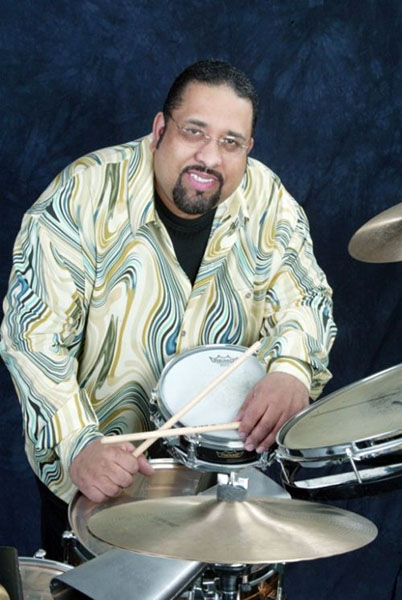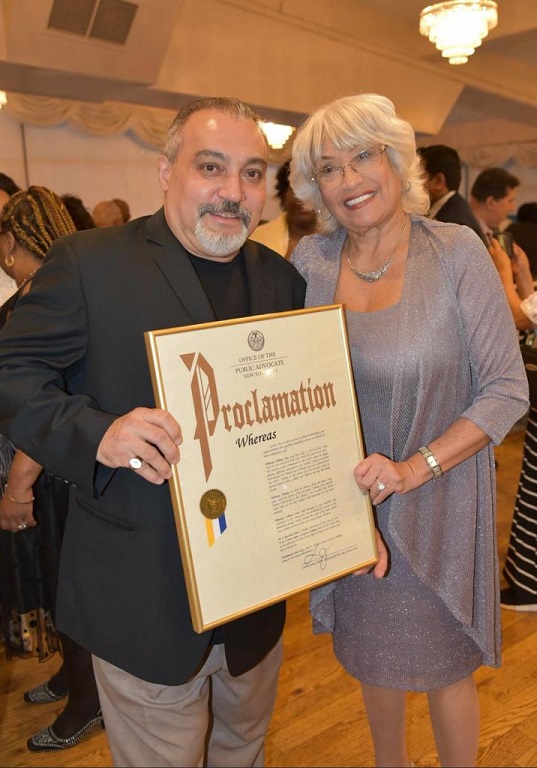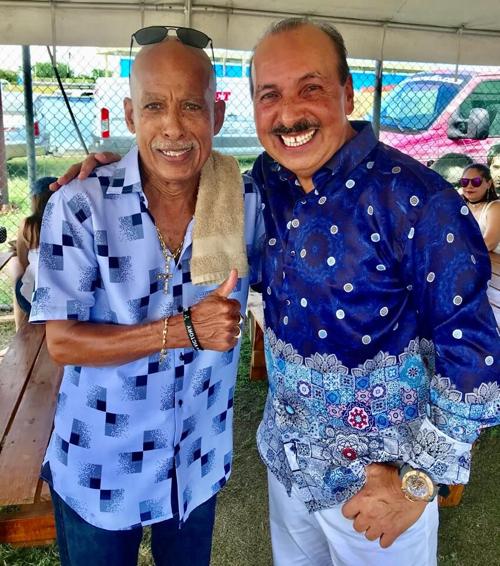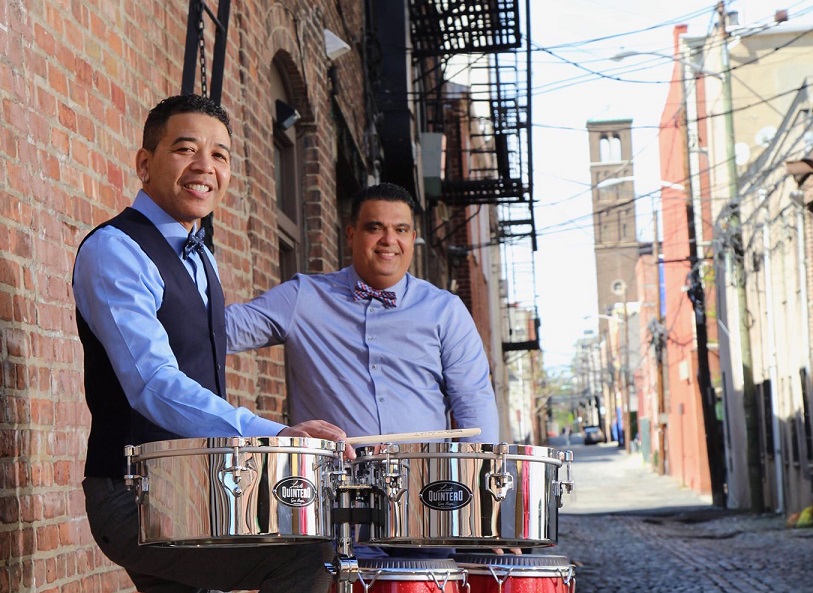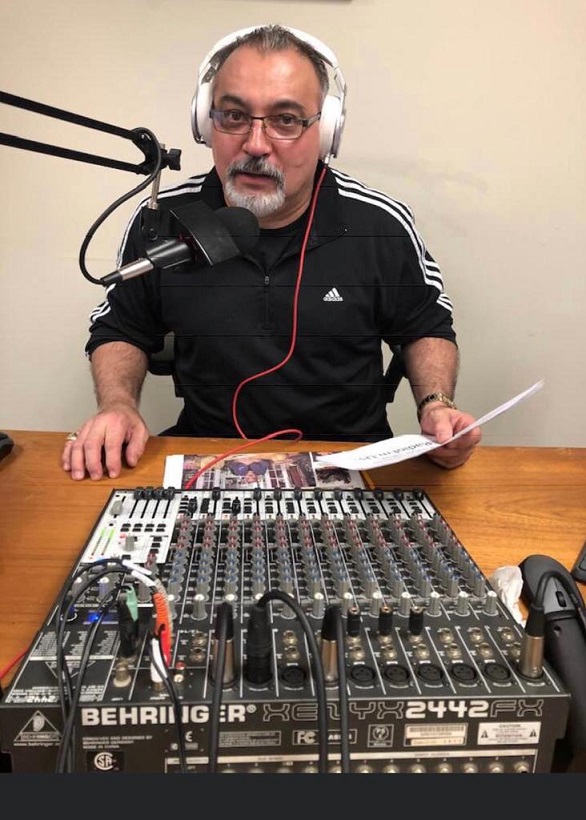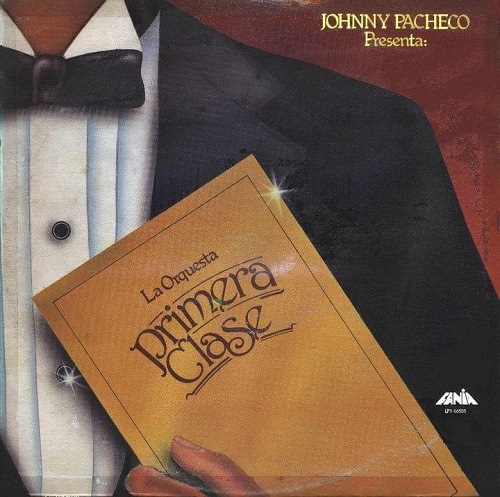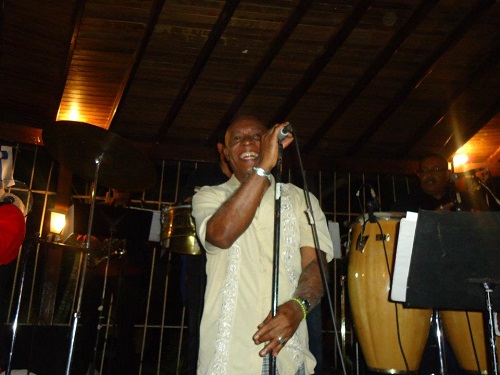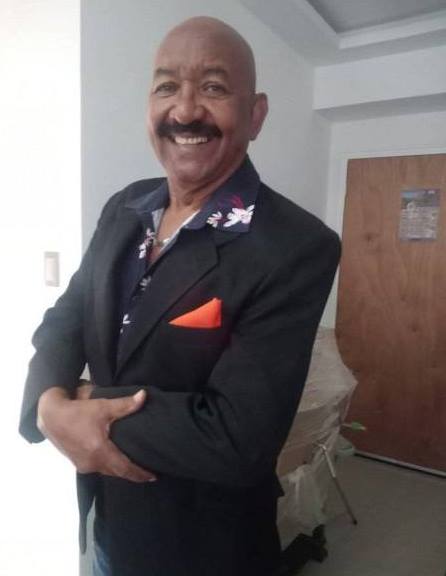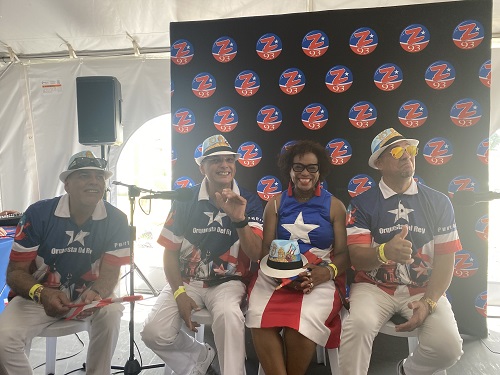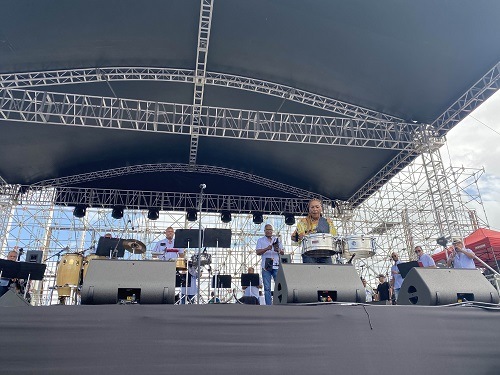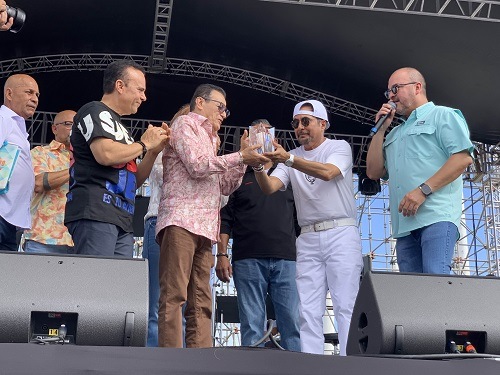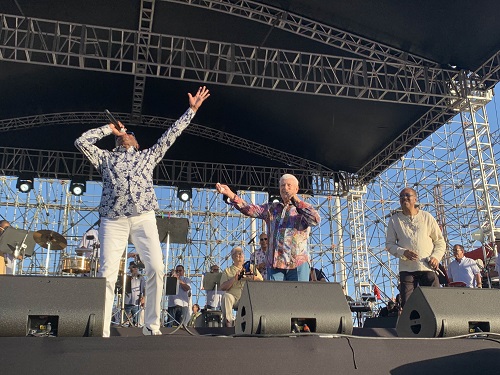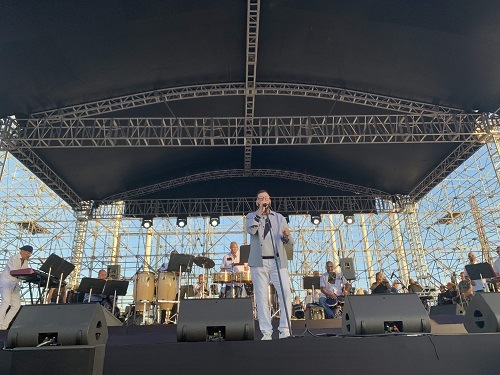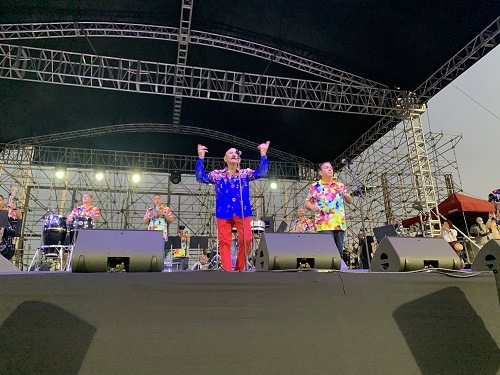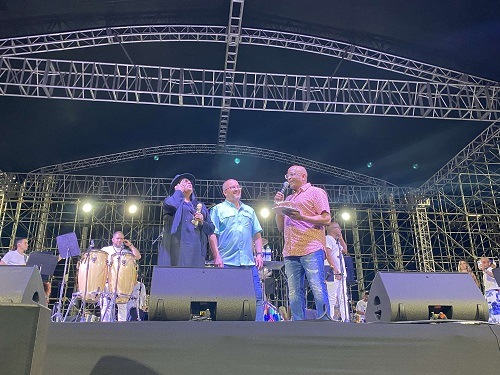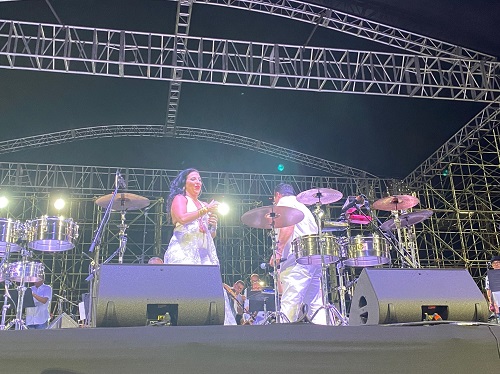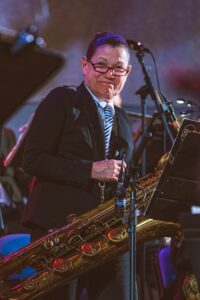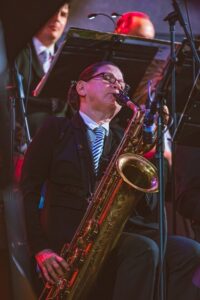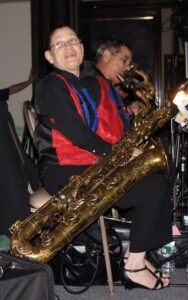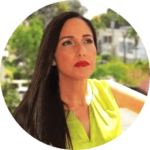Mauricio Esneider Mosquera (Mauro Mosquera) was born in the city of Medellín and has composed songs for various artists such as El Combo de las Estrellas, Pipe Bueno, John Alex Castaño, Diego Galé, among others.
He has been part of great orchestras as a singer and some are: El Grupo Niche, Fruko y sus Tesos, The Latin Brothers, La Sonora Dinamita, Orquesta Metal Puro de Ecuador.
He has also recorded choruses with Los Gigantes del Vallenato, Hevert Vargas, El Grupo Niche, Olga Tañon, for different artists of Codiscos y Discos Fuentes, Los Grandes de la Salsa Volumen II, Maité Hontelé, etc.
As a soloist he has recorded three albums and has been contracted by: Manizales, Pereira, Bogotá, Pasto, Cali, Quibdó, Chile, Ecuador, Costa Rica, Mexico, Los Angeles California, New York, Dallas, Utah, Montreal, Toronto, Quebec.
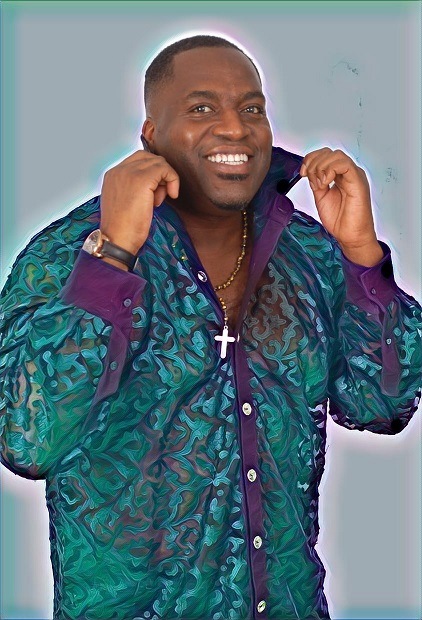
He is currently producing music for national and international Salsa artists and national popular music.
He has been invited as a singer to important events with the Symphony of Pereira in several opportunities, with the Symphonic Band of the University of Antioquia and with his Swing Orchestra he has performed in Medejazz, in the Fair of the Flowers and in the municipal parties of Antioquia.
Ángel Canales the Legacy Perico Macoña
Angel Canales is an icon of Salsa, one of the performers who despite his early retirement, his music is still frequently played in countries like Colombia, Venezuela, Peru and Panama among others, his legacy has impacted many generations of musicians and producers, who admire his ideas, his rebelliousness, his daring when choosing arrangers and musicians, breaking patterns and schemes.
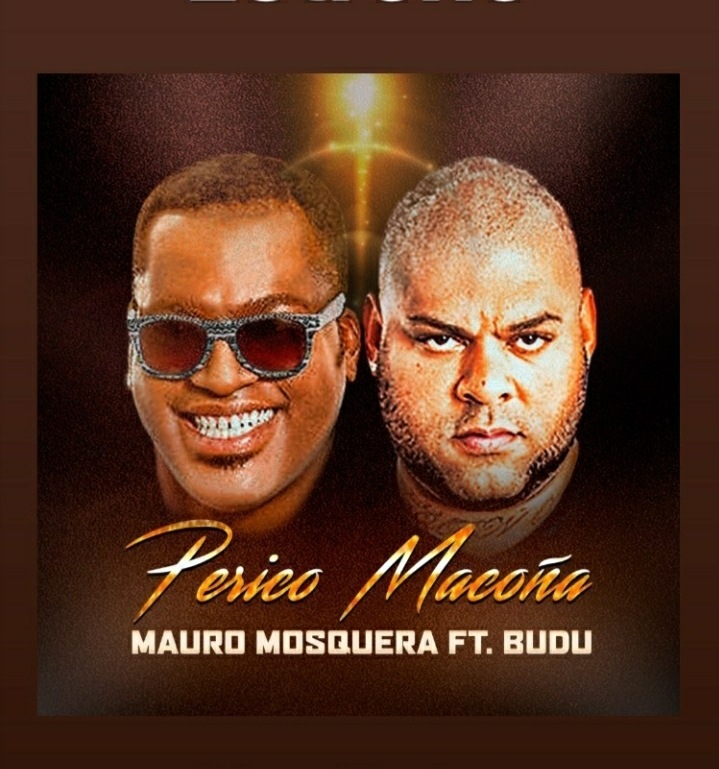
“Perico Macoña”, the voice of Mauro Mosquera from Colombia and the urban touch with Budu from Venezuela.
This musical project was born with the idea of showing this legacy to new generations, keeping the essence in the arrangements and without trying to imitate him, each performer gives a new personality to the songs, a production full of special guests, directed by the young talent Irving Manuel, the first promotional cut was presented in November 2019 in the voice of Rafu Warner with the classic “Hace Tiempo”.
Beginning in 2020 the recordings continued until the whole project and the recording of the guests was delayed due to the pandemic, although not with the same speed several musical sessions could be finished and thanks to today’s technology that allows us to record from a distance, the second single of the production entitled “Perico Macoña” was completed, the voice of Mauro Mosquera from Colombia and the urban touch with Budu from Venezuela, achieving a mix between the classic sound and the current.
These two songs are available worldwide on all digital platforms and of course on YouTube. Throughout the year, the new cuts of the production will continue to be presented, seeking to bring together a strong group of guests who, with all due respect, will take this musical legacy to new generations to last for many years to come.
Mauro Mosquera Singer and Composer from Barranquilla Colombia.
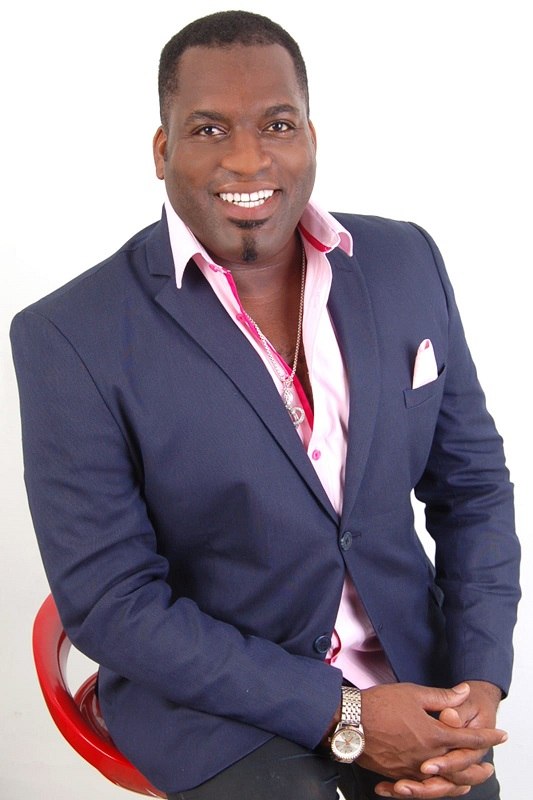
By: Diana Maria Ruti – Miami Correspondent for International Salsa Magazine

